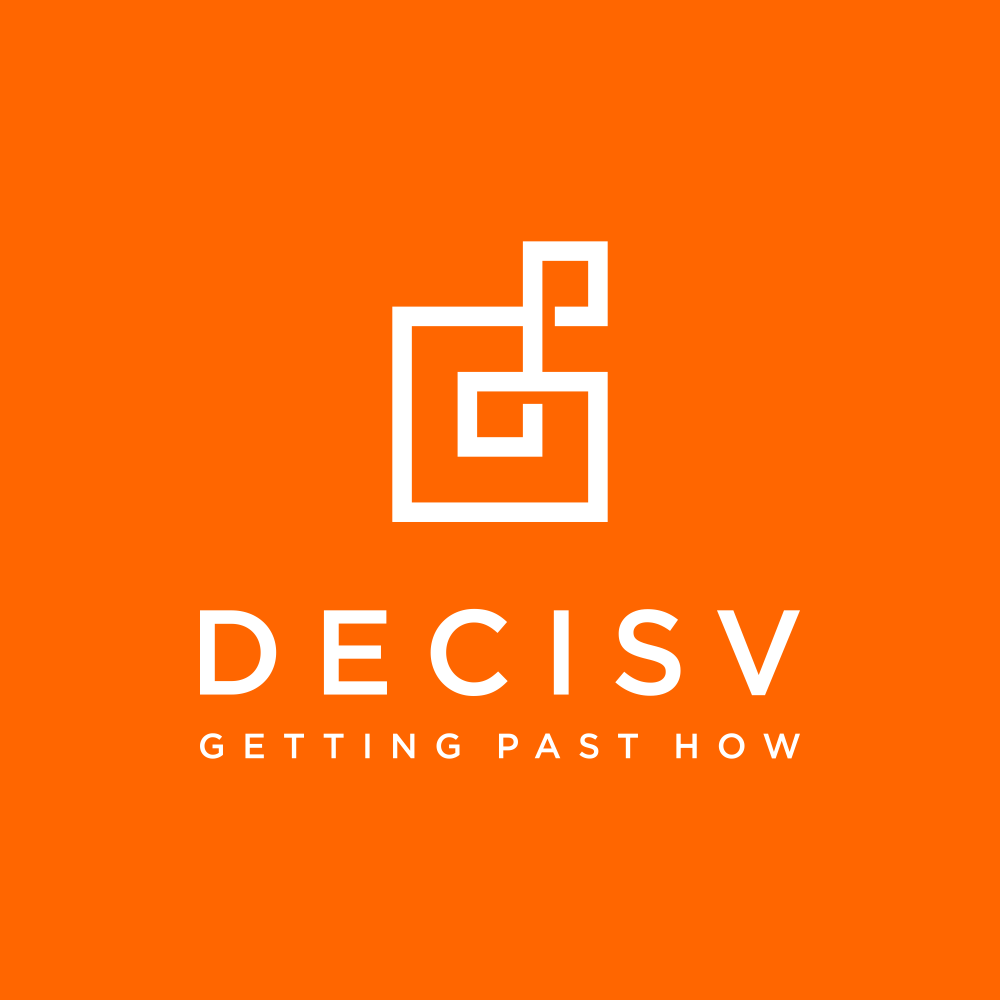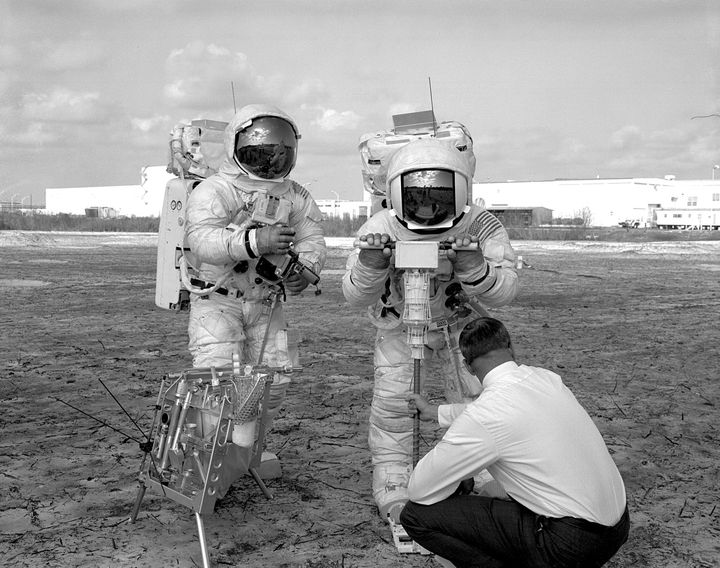My Pi-spective on Privacy

(A pi-spective is when you write about something using only 314 words. Which doesn't include these words or the credits at the bottom)
We live in an age of discoverability. This isn't necessarily a bad thing. We like discovering things. It's a very human trait. We like discovering things about ourselves (if they make us look good). And we like discovering things about others (if they're useful).
We like to shine the torch, but don't always like the torch shining on us. We then use words like privacy and can become very outraged. But privacy isn't something we can switch on and off in this age of discoverability. We can go dark and live in the woods, but that's often too costly for most of us.
When we think in terms of privacy in the age of discoverability we end up with a contest. One person hides something about themselves and another tries to reveal what is hidden. It's a game that doesn't end well when we think it through. Someone always seems to be chasing us. And they don't mean well. Is it any surprise that we trust ourselves less and less?
Privacy in the age of discoverability is about the access and control of information that describes us. Sometimes this is about important stuff, sometimes it's about the completely banal.
Privacy is part of identity. The UN Human Rights Commission thinks about privacy as "... a sphere of a person's life in which he or she can freely express his or her identity, be it by entering into relationships with others or alone". We want to be able to control our identity, especially if it makes us look good.
Sometimes we just make up the craziest stuff, post it and pretend that it's true. Reality bites after all and who doesn't want to think of themselves in some idealised way? But what happens when some of that made up ego-hype finds its way into a database that informs decisions that affects us?
Where did our right to privacy get us then? Privacy doesn't mean truth.
Image via Pexels



